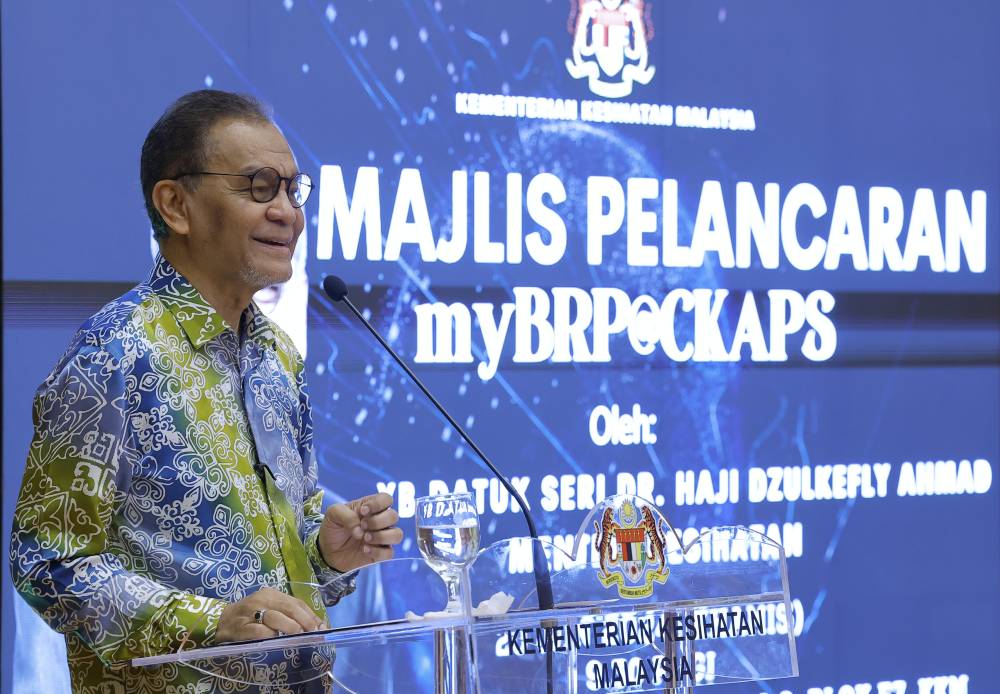Malaysia to obtain input on STSS from WHO - Dzulkefly
The input is crucial to implement preventive control measures.

PUTRAJAYA - Malaysia will obtain input about Streptococcal Toxic Shock Syndrome (STSS), currently impacting Japan, from the World Health Organisation (WHO).
Health Minister Datuk Seri Dr. Dzulkefly Ahmad stated that this input is crucial for the Ministry of Health (MOH) to implement preventive control measures.
"We have not received any information or updates on these cases yet; we also need input from the WHO, which is crucial," he said.
"...immediately, once we get a heads up or updates on these cases, we can then take control measures. For now, these cases have not reached our National Crisis Preparedness and Response Centre (CPRC) or our infection division," he told reporters after launching myBRP@CKAPS here today.
Xinhua News Agency citing the National Institute of Infectious Diseases (NIID) reported that Japan has recorded over 1,000 cases of STSS in 2024.
STSS, also known as severe invasive streptococcal infection, is a sudden-onset disease caused by Group A Streptococcus.
Early symptoms typically include sore throat, fever, loss of appetite, diarrhoea, vomiting, and other gastrointestinal issues, as well as septic symptoms like low blood pressure.
Queried on the draft Amendment Bill for the Medical Act 1971 (Act 50), he expressed hope that it can be tabled in Parliament by the end of this month.
"...present it first and at least have the first reading by the end of the week. Then we debate and pass this amendment bill," he said.
Previously, Dr. Dzulkefly stated that the draft Amendment Bill to Act 50, aimed at resolving the registration challenges for medical doctors qualifying through the parallel pathway, has been finalised and submitted to the Attorney General's Chambers for review.
Regarding myBRP@CKAPS, Dr. Dzulkefly explained that it is an online application system under the Private Healthcare Facilities and Services Act 1998 [Act 586].
He clarified that this system will replace manual processes and is expected to improve efficiency in the processing of applications, thereby speeding up the issuance of licenses.
"They are committed to reducing the processing time to at the most three months," he added, noting that the previous manual process took up to eight months.
The new system can be accessed from July 1 on the website www.mybrp.moh.gov.my.
It is open to applicants from private healthcare facilities whose licences expire between Jan 1, 2025, and March 1, 2025, that is, six to nine months before expiry. - BERNAMA














